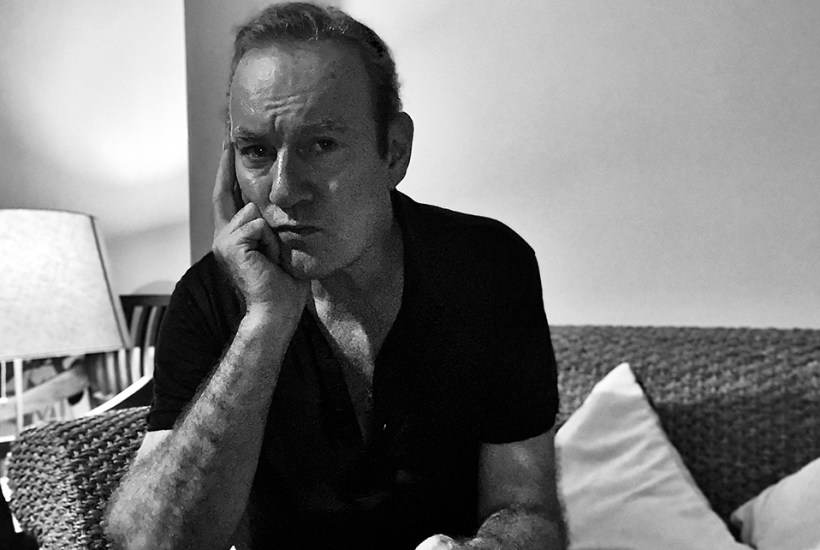This compelling and unnerving collection of stories is Lawrence Osborne’s first, coming in the wake of recent critically acclaimed novels – including The Forgiven, adapted into a film – and earlier works of memoir, essays and travelogue. Born in England, currently residing in Bangkok, Osborne has earned comparisons with Graham Greene for his portraits of flawed white characters in foreign settings, and Patricia Highsmith, thanks to the menacing noir atmosphere. These nine stories, written over the past decade, do not disappoint.
Osborne removes his protagonists – English or American, on the young side of middle age – from their native environments and transplants them into exotic, perilous locations. Divorced from their habitual context, the characters tend to be coming to terms with a new-found solitude; dreams sometimes feature as their lives slide into nightmare.
There is a latent orientalism in this set-up that Osborne fruitfully explores and subverts. His protagonists are often professional observers: in ‘Pig Bones’, there’s Cassidy, an anthropologist; Alice, an entomologist in ‘The Wave’; and Beth, in ‘Blood Eclipse’, a therapist. Women used to scrutinising ‘the other’ suddenly come under scrutiny themselves. In ‘Blood Eclipse’, a local man accosts Beth as he walks past: ‘“I saw you,” he called out, moving backwards without missing a beat, “you and her. I saw you.”’
These sudden, potent pivots – from observer to observed, or wielder of power becoming subject to it – often stem from misunderstandings across a societal gulf or cultural disrespect. In ‘The Boatman’, Clive and Isra, a London banker couple holidaying in Oman, hire a boatman for a day trip to an isolated cove. Isra dances naked on the beach with her back to the sea, admired by Clive, but seen also by passing fishermen – a transgression against local law which endangers them. In ‘Burning Angel’, Edward, a wealthy New York architect, hires a new maid, Hope, and is drawn to her apparent vulnerability. She has a hearing impediment, ‘sickly-looking’ skin and ‘under her shabby clothes she seemed to be trembling slightly’. When Edward sexually preys on her, Hope doesn’t resist. Afterwards he is in a ‘superlative mood’, inwardly crowing. ‘Well, what about that! he thought. She has accepted me.’ But when she falls pregnant, Edward will be at the mercy of her blackmail and worse.
At the close of ‘Camino Real’, Angel, a 28-year-old drifter driving along a desert road, compares his future to a card game and wonders ‘if his luck might change again’. Osborne has already shown Angel playing poker, losing nearly everything, only to win it back and more the next day. If life is a card game, Osborne argues in these skilfully told stories, then everything depends less on the hand you’ve been dealt and more on how you play it. He interrogates the very nature of luck, as the sudden changes in fortune that befall his protagonists are shown to be indicative of inner flaws and moral laziness rather than chance. Angel drives along the desert road both literally and metaphorically, having made a decision, realising:
There was a difference in the two roads that were suddenly open to him… Had he done as Mendes wanted he would be free now, but only as far as the outer world was concerned. His interior world would have collapsed into darkness.
In Osborne’s fictional worlds of eclipses, volcanoes and tsunamis, however, the separation between outer reality and inner life is blurred and – perhaps with the exception of Angel – we witness the enthralling, vertiginous destruction of both.
Got something to add? Join the discussion and comment below.
Get 10 issues for just $10
Subscribe to The Spectator Australia today for the next 10 magazine issues, plus full online access, for just $10.
You might disagree with half of it, but you’ll enjoy reading all of it. Try your first month for free, then just $2 a week for the remainder of your first year.









Comments
Don't miss out
Join the conversation with other Spectator Australia readers. Subscribe to leave a comment.
SUBSCRIBEAlready a subscriber? Log in